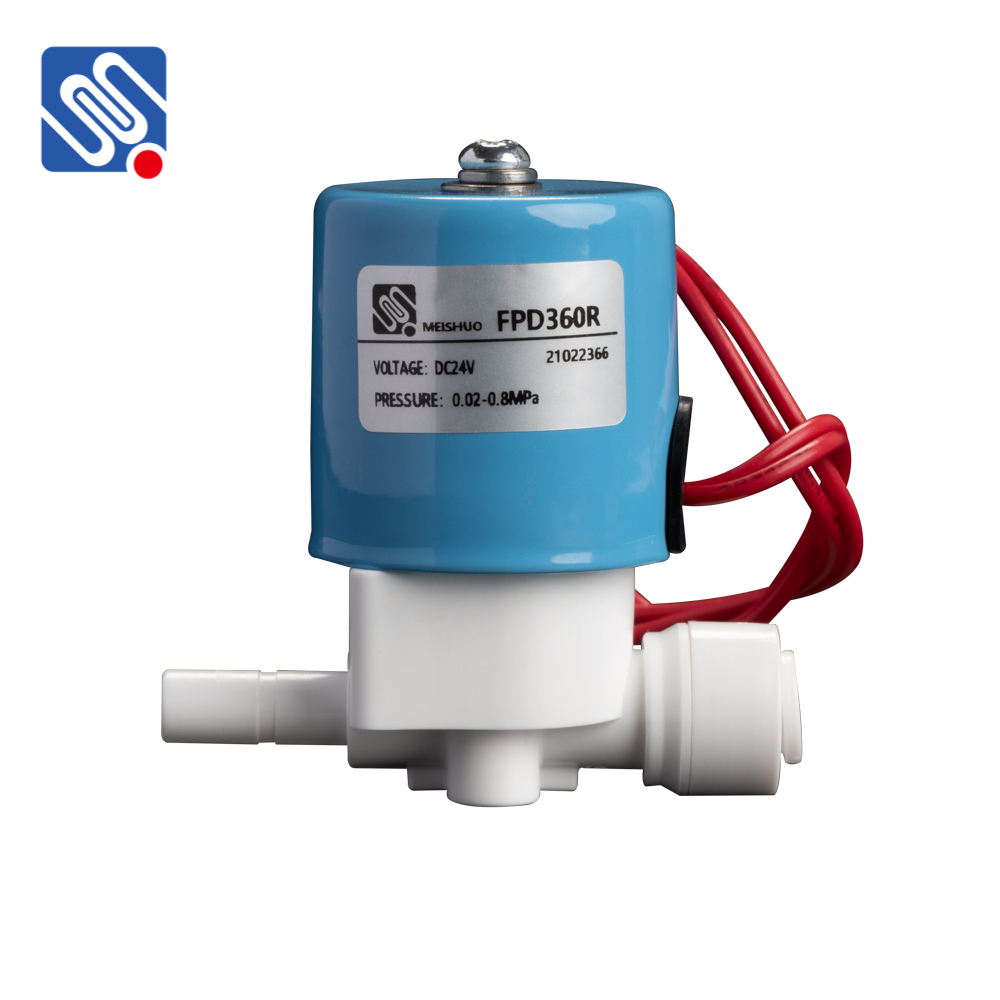In recent years, environmental concerns have become increasingly important across all industries, including automation and manufacturing. With the growing focus on sustainability, it is crucial for companies to adhere to international regulations and standards designed to reduce the use of hazardous substances. One such regulation is RoHS (Restriction of Hazardous Substances), which restricts the use of certain harmful materials in electrical and electronic products. Among the various industrial components that must comply with RoHS, the solenoid valve plays a vital role in many automated systems, and its compliance with RoHS standards is essential for both environmental protection and regulatory adherence.

What is a Solenoid Valve? A solenoid valve is an electromechanical device used to control the flow of liquids or gases within a system. It operates by using an electric current to generate a magnetic field, which in turn moves a plunger or armature to open or close the valve. Solenoid valves are widely used in applications such as fluid control in industrial automation, HVAC systems, water treatment, and even in medical devices. These valves come in various configurations, from simple on/off control to more complex proportional or modulating control systems. The Importance of RoHS Compliance